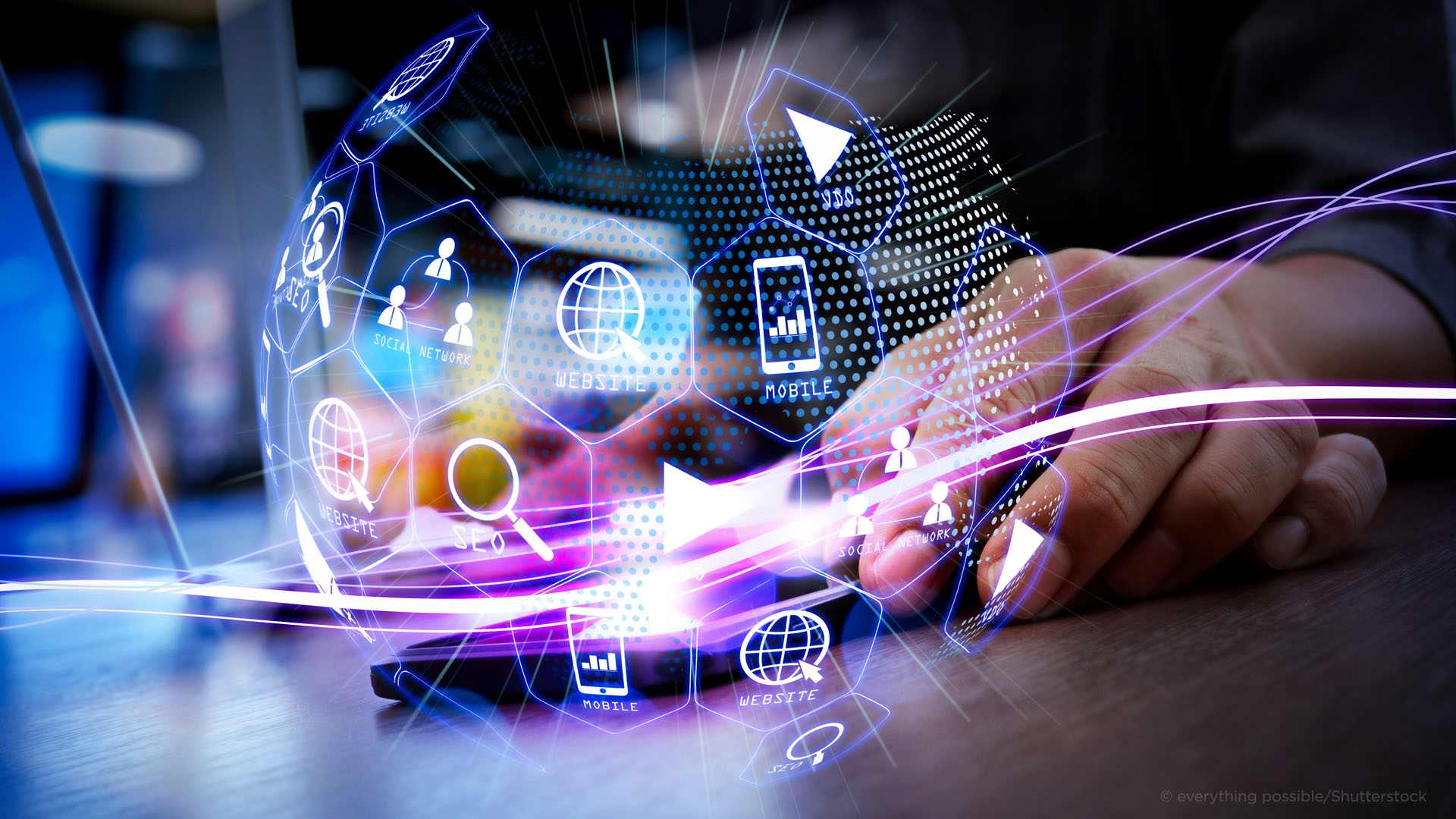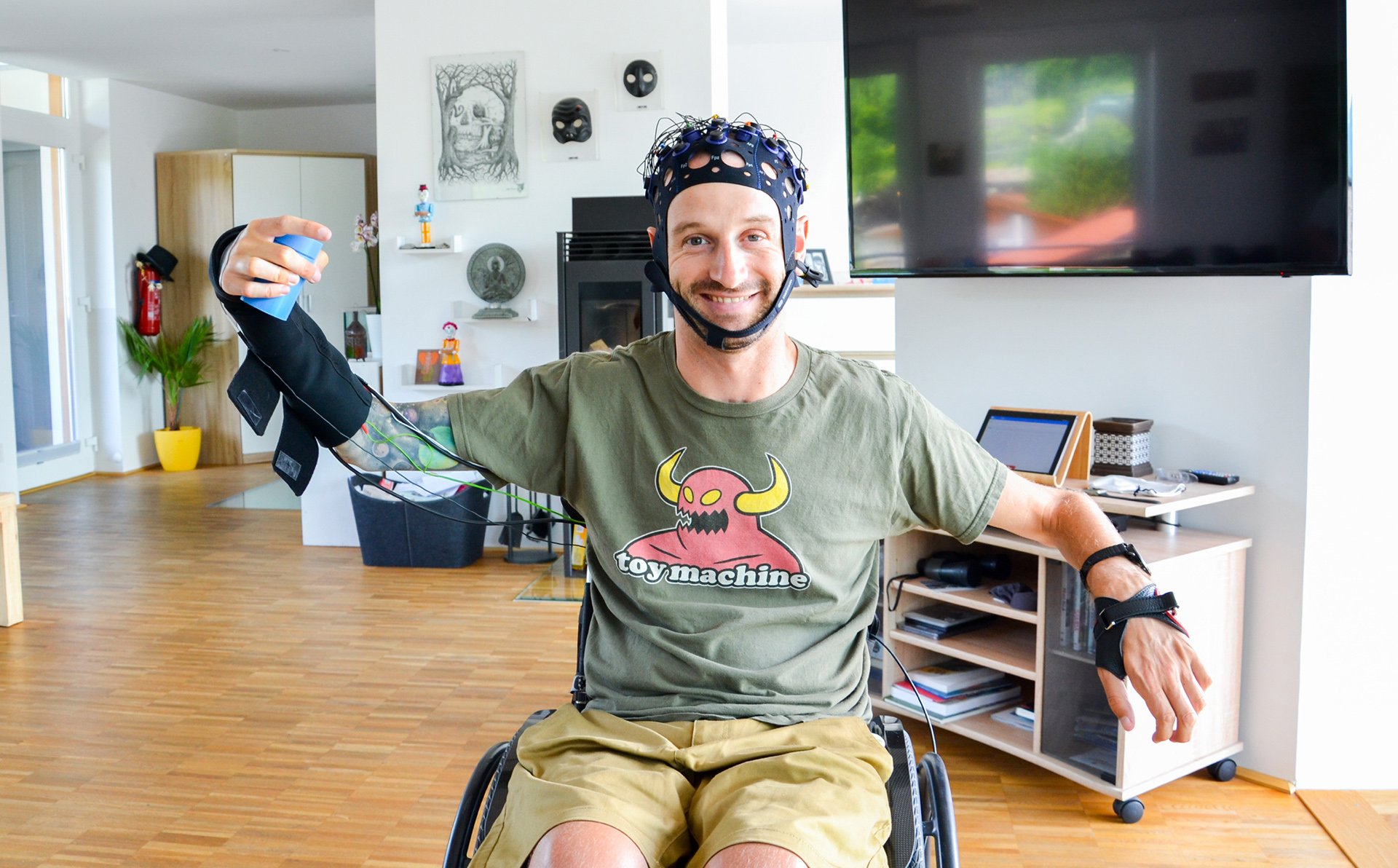Introduction: The Quest for Infinite Growth
Human potential is a vast and largely uncharted frontier. For centuries, philosophers, scientists, and thinkers of all kinds have pondered the question of what we are truly capable of achieving. From ancient Greek philosophers such as Aristotle, who explored the nature of virtue and self-actualization, to modern neuroscientists unraveling the mysteries of the human brain, the pursuit of understanding human potential has been an ongoing journey.
But can we ever truly reach the horizon of human potential? Or is it like the horizon itself — an elusive point that constantly shifts as we approach it? This article explores whether the boundaries of human potential are fixed or whether we can push beyond them indefinitely. We will delve into advancements in science, technology, psychology, and philosophy to consider the possibilities, limitations, and implications of reaching our fullest potential.
1. Defining Human Potential: What Does It Mean?
Before we dive deeper, we need to first define what we mean by “human potential.” This concept can mean different things depending on context: from the physical and mental limits of the human body and mind to the potential for personal growth, creativity, and societal contribution.
At its core, human potential refers to the inherent capacity of individuals or groups to achieve greatness. This can include intellectual and creative achievements, physical feats, emotional intelligence, or social harmony. The pursuit of realizing human potential is deeply personal yet universally relevant, spanning the realms of individual self-improvement and collective evolution.
Some definitions focus on the idea of self-actualization — the process of becoming the best version of oneself, as proposed by psychologist Abraham Maslow. Others emphasize the importance of collective human potential — the sum of individual talents, capacities, and efforts directed toward solving societal problems.
But can human potential truly be limitless? Can we tap into a form of human capability that transcends even the physical limitations of our bodies?
2. Breaking Physical Boundaries: The Body and the Mind
For centuries, human beings have sought to push the limits of the body. From ancient Olympic athletes to modern-day professional athletes, there has always been a drive to surpass physical boundaries. The idea of becoming “superhuman” has fascinated us for millennia.
The Human Body: Limits and Beyond
The human body has its limits, but with modern advancements, we’re constantly testing them. Athletes have broken world records in running, swimming, and even in endurance sports. Technology has also played a pivotal role in enhancing physical performance, with wearable devices measuring key metrics like heart rate and recovery time. Furthermore, supplements and performance-enhancing drugs (PEDs) have allowed athletes to push beyond what was once thought to be humanly possible.
However, even with these advancements, there are still hard limits. The human body is constrained by biological factors, including muscle fiber composition, skeletal structure, and genetic predispositions. Can we ever truly “reach the horizon” of physical potential, or are we destined to encounter insurmountable limits, even with the help of biotechnology?

Cognitive Limits: The Brain’s Power and Potential
Perhaps the more intriguing question lies in the human mind. The brain, which weighs just 3 pounds, controls every aspect of our thoughts, emotions, and actions. With modern neuroscience, we have begun to understand the brain’s incredible plasticity — its ability to rewire and adapt throughout life. But are there limits to this adaptability?
Research into cognitive enhancement technologies — such as nootropics, brain-computer interfaces, and neurofeedback — is exploding, with the promise of enhancing intelligence, memory, and overall cognitive functioning. Could these innovations unlock even greater intellectual potential in the future? Or will we, as some skeptics argue, always hit a plateau?
3. Technological Augmentation: Beyond Biology
As we explore the boundaries of human potential, we must acknowledge the role technology plays in expanding what we can achieve. Augmentations that were once the stuff of science fiction are now within reach, from exoskeletons that assist movement to artificial intelligence systems that extend our intellectual capacities.
The Promise of AI and Machine Learning
In terms of cognitive enhancement, artificial intelligence (AI) and machine learning are opening new frontiers. By collaborating with AI, humans can access more information and process it faster than ever before. AI could help us become more productive, creative, and even innovative. For example, AI can be used in drug discovery, scientific research, and even artistic creation, helping humans reach intellectual and creative heights that were once unimaginable.
However, the rise of AI also presents a paradox. While AI enhances human capabilities, it also raises questions about autonomy and identity. If we rely on machines to enhance our intellectual abilities, do we lose a fundamental aspect of our human potential — our independence, creativity, or self-sufficiency?
Genetic Engineering: The New Frontier
Genetic engineering holds a profound potential to enhance human capabilities. The development of CRISPR technology — a revolutionary method of gene editing — could allow us to modify our DNA to eliminate hereditary diseases, enhance physical abilities, or even improve cognitive functions.
But where does it stop? The idea of genetically modified humans raises ethical concerns about “designer babies” and the social consequences of genetic inequality. Will genetic engineering ultimately unlock new realms of human potential, or will it lead to new forms of inequality and social unrest?
4. Psychological and Emotional Growth: The Inner Journey
While technology and biology have garnered much attention in discussions of human potential, psychological and emotional growth also play a critical role. Personal development is not only about achieving physical feats or intellectual success but also about mastering emotional intelligence, resilience, and relationships.

The Role of Mindfulness and Emotional Intelligence
One area that has gained significant attention in recent years is emotional intelligence (EQ). The ability to manage one’s emotions, understand others’ emotions, and build strong relationships is increasingly seen as essential to both personal success and collective well-being. As more research highlights the importance of EQ in leadership, education, and mental health, the question arises: Can we increase our emotional intelligence to the point where we fully realize our social potential?
Mindfulness and meditation practices also contribute to emotional growth by training the mind to focus and cultivate self-awareness. These practices have been shown to reduce stress, improve cognitive performance, and enhance interpersonal relationships. As more people engage with these practices, is it possible that emotional and mental growth could become the key to unlocking a new level of human potential?
5. Collective Potential: Unlocking Society’s Future
While much of the discussion around human potential focuses on the individual, there is also the question of collective potential — the capacity of humanity as a whole to create a better future. This involves not only technological, scientific, and intellectual development but also social and environmental progress.
The Rise of Collective Intelligence
Human beings are social creatures, and our collective intelligence may be the most powerful tool in unlocking the full potential of society. Collaboration, communication, and shared knowledge are key to solving global challenges, from climate change to poverty. The internet has already transformed how we collaborate, sharing information instantly across the globe. But the next step involves harnessing this collective intelligence in more meaningful ways.
Could we ever truly reach a point where humanity operates as a harmonious, intelligent collective, solving the world’s most pressing issues with the power of collaboration and shared knowledge? Or will the inherent conflicts and disparities in human society continue to hinder our ability to work together?
The Future of Human Progress
The horizon of human potential is closely tied to the future of human society. If we can unlock the full potential of technology, education, and collaboration, the possibilities are limitless. But to reach this horizon, we must overcome societal challenges such as inequality, corruption, and environmental destruction. The choices we make today will determine whether humanity can create a future that reflects our highest potential.
6. Are We Nearing the Horizon?
So, can we ever truly reach the horizon of human potential? The answer remains elusive, and perhaps the very nature of human potential is that it is always just beyond our reach. As we break through one boundary, we discover another, more complex challenge. But this, perhaps, is the beauty of human potential: it is a continuous journey, not a destination.
The horizon is a symbol of possibility, a reminder that there is always more to explore, learn, and grow. It is an invitation to stretch beyond our current limits and pursue ever greater heights. Whether through physical feats, intellectual breakthroughs, emotional growth, or collective action, the journey toward realizing human potential is one that we will continue to embark on — together, and individually.























